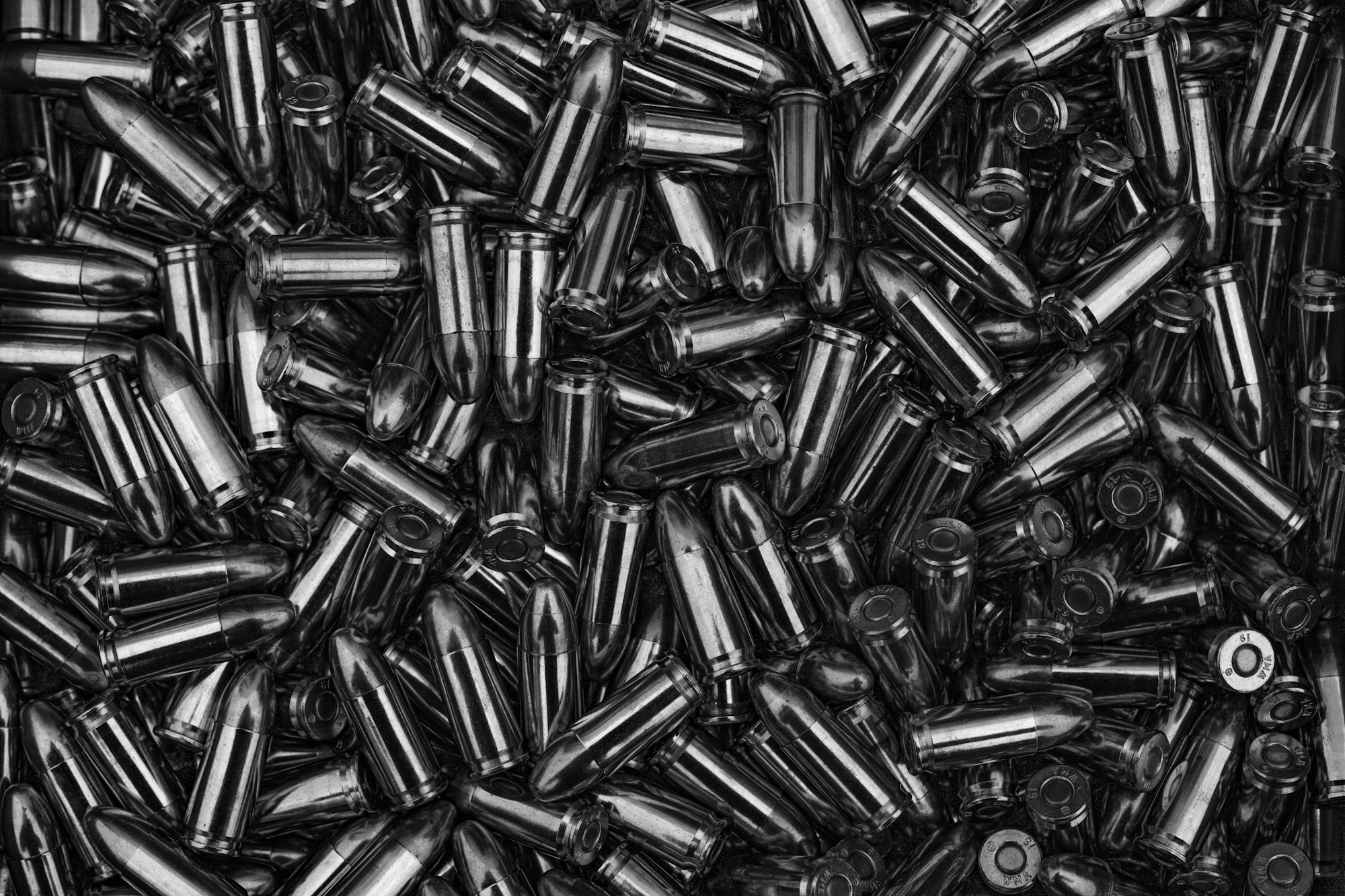SC lawmaker calls for firing squads to carry out the death penalty

South Carolina Rep. Josh Putnam (R, Piedmont) said he plans to reintroduce a bill to add firing squads to the execution methods in South Carolina.
Putnam first introduced the bill in 2015 but the legislation didn’t pass. He said the new bill would be almost identical to the prior one but he feels it’s important for creating dialogue about death penalty options in the state since lethal injections cannot be carried out at this time, due to the unavailability of the drugs needed for the lethal injections.
“We can’t carry out death penalties in the state and we need a solution,” Putnam said.
Putnam said the inability to execute inmates is causing issues for solicitors dealing with victims’ families. Many families want solicitors to push for the death penalty, but the state does not currently have the ability to execute them, Putnam said.
“Many people don’t understand the problems this is causing,” Putnam said.
The lawmaker said other solutions, such as bringing back the electric chair, are being considered, but Putnam argues that the firing squad may be the most viable solution going forward.
“There is a lot of data that shows firing squad is the most effective and most humane way of putting someone to rest,” he said.
Putnam said Tuesday that he plans to reintroduce the bill in the Statehouse today.
We also sat down with 13th Circuit Solicitor Walt Wilkins, to get his thoughts on a firing squad. He told us, "The lethal injection has been deemed appropriate. It's upheld constitutional muster as well as it seems to be the less cruel of all the options, so solving that problem is ideal. If we're unable to do that then certainly, let's bring back other options."
He said that he current shortage of lethal injection drugs can weigh into decisions about the death penalty, but shouldn't have to.
"That's not fair to victims and it's not fair to the public and it's not fair to prosecutors to be put in a position where they can't really pursue something that is legally viable and is available to them in South Carolina, so it diminishes our ability to effectively prosecute."
